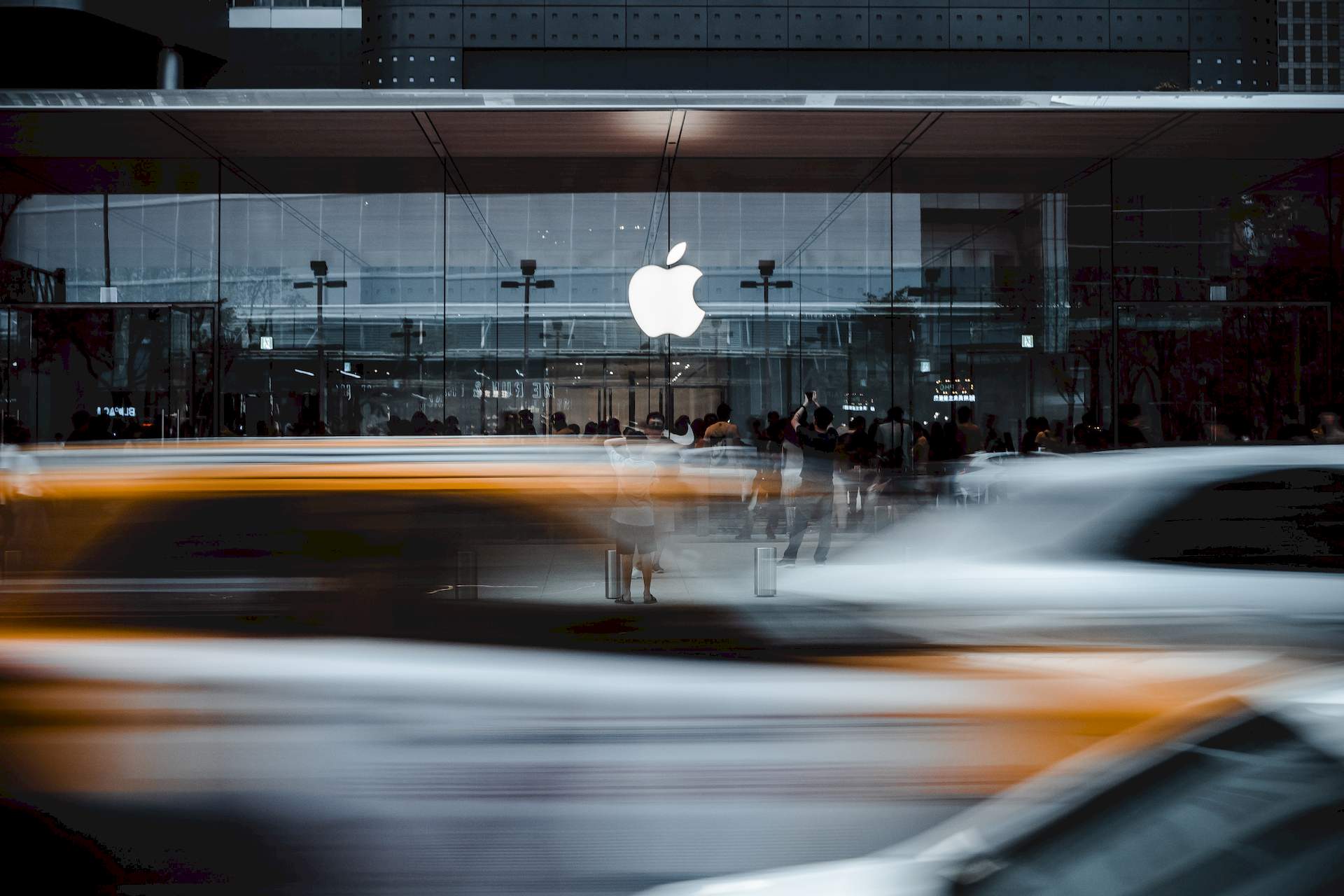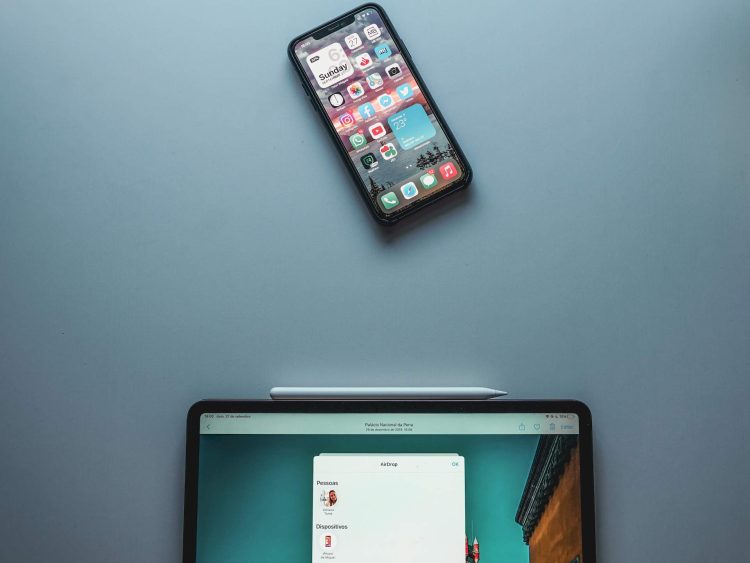Airdrop cracked news dropped like a bomb on the agenda. A Chinese tech company, Wangshendongjian Technology, has reportedly cracked the encryption protecting Apple’s AirDrop wireless file sharing function.
This breakthrough has allowed authorities to identify users who have been accused of sending “inappropriate information” through the popular feature.
The Beijing Justice Bureau revealed in a statement that the company’s efforts aided the police in tracking down individuals involved in transmitting such content, particularly in the Beijing subway.

Airdrop cracked but how?
AirDrop, known for its wireless file-sharing capabilities between Apple devices, has been linked to nuisance messages received by commuters in Chinese cities’ subways and buses. Additionally, reports suggest that protesters have used AirDrop to spread anonymous messages critical of the Chinese government. This has raised concerns about the potential misuse of the technology for disseminating dissent and controversial content.
Wangshendongjian Technology claimed to have overcome the technical challenges associated with anonymous traceability through AirDrop, contributing to the prevention of the spread of inappropriate content. The Beijing municipal government’s justice bureau highlighted the efficacy and accuracy of case detection and resolution, noting that the method had assisted in identifying several suspects.
And with that, Airdrop cracked.

Isn’t AirDrop encrypted?
Yes, AirDrop uses TLS encryption for the data transfer itself between devices. This means the content of the files you send and receive is scrambled and cannot be intercepted by anyone eavesdropping on the connection.
However, the method of identifying devices isn’t fully anonymous. While Apple IDs are hashed (a one-way encryption) to protect usernames and email addresses, it has been reported that in some cases, such as in the Airdrop cracked news case, these hashes can be reversed to reveal identifying information, especially if other data points are available.
Previously was in talks
Interestingly, international media sources, including The New York Times and Vice World News, reported instances where Chinese residents used AirDrop to distribute leaflets and images supporting a rare protest against Chinese leader Xi Jinping in October 2022. This incident sheds light on the versatility of AirDrop as a tool for both civic engagement and potential misuse.
In response to the reported misuse during pro-democracy protests in Hong Kong in 2019, Apple took steps to limit AirDrop sharing with non-contacts for devices in China, as reported by The Guardian. This measure aimed to address concerns related to the spreading of unauthorized content through the platform. In November 2022, shortly after protests against Xi Jinping, Apple further restricted file-sharing for Chinese iPhone users, making it more challenging to share files with unknown contacts. This restriction, initially imposed in China, was later expanded globally.

Apple officials went silent
The statement from the Beijing municipal government’s justice bureau did not disclose whether the technique employed by Wangshendongjian Technology had resulted in any arrests or convictions.
Multiple resources reached out to Apple for comment about the Airdrop cracked news, but there has been no response at the time of writing.
How about the security of users?
The Airdrop cracked reports raise questions about the balance between user privacy and the prevention of misuse. It also highlights the ongoing challenges faced by technology companies in addressing the dual roles their platforms play in both facilitating communication and potentially enabling undesirable activities.
As technology continues to advance, finding this balance becomes crucial for ensuring the responsible and ethical use of communication tools like AirDrop.
If you have privacy concerns after hearing about this news, you might be looking up for Airdrop alternatives. Snapdrop is a free AirDrop alternative for Android devices, and you too should check it out.
Featured image credit: Miguel Tomás/Unsplash.





